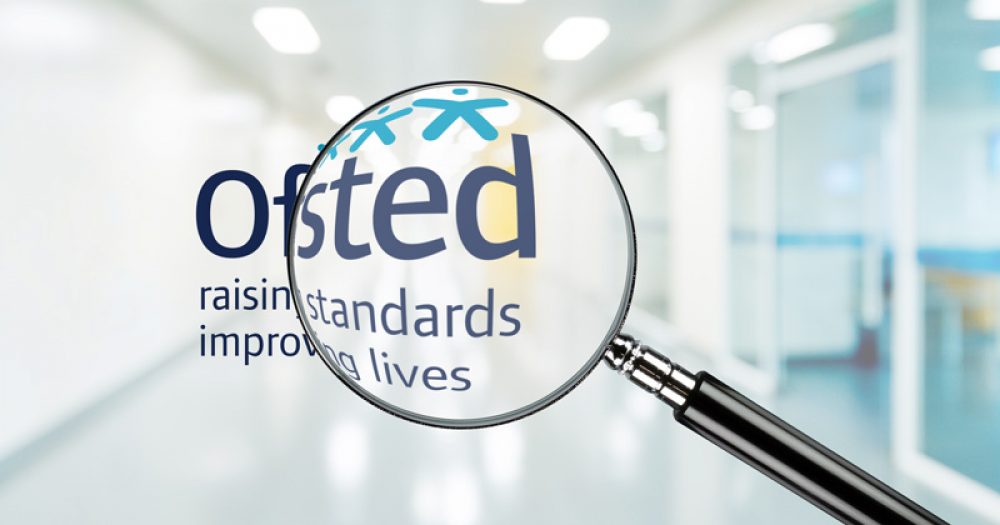Ofsted can use fake social media profiles to conduct covert surveillance and help gather evidence of criminal activity.
The schools watchdog today published details on the controversial powers it has to conduct surveillance for the first time.
The document explains under the Regulation of Investigatory Powers Act 2000 (RIPA) that “directed surveillance may be appropriate if we have exhausted all other methods of gathering evidence”.
The inspectorate said it had not used the powers at all in the last 10 years. But a spokesperson added it was important to retain them “as our work on unregistered, illegal schools becomes more urgent”.
Ofsted has been pushing for more powers in its crackdown on illegal schools, amid warnings that offenders are avoiding prosecution because they have “drills” to avoid scrutiny.
The new details show the inspectorate is able to use “covert profiles or pseudonyms to gather information on the internet”.
However only authorised staff with “suitable accredited training” will be permitted to use these tactics.
Under RIPA, Ofsted is authorised to carry out direct surveillance only to prevent or detect a crime.
It is available to use when the watchdog suspects a person has committed or is committing an offence under the Childcare Act 2006, the Care Standards Act 2000, the Adoption and Children Act 2002, section 96 of the Education and Skills Act 2008 or any associated regulations.
The paper explains it may “occasionally” be necessary to use directed surveillance to “gather evidence to justify using other means of investigation” – such as the right to enter and search.
Surveillance may be carried out with “appropriate surveillance devices” and includes monitoring, observing, recording and listening to a person’s conversation, other activities, and communication.
But any surveillance carried out where the subject is aware is defined as “overt surveillance” and does not require RIPA authorisation.
In contrast, directed surveillance under RIPA is defined as “covert but not intrusive”. It is “carried out in a way that is premeditated” rather than in situations like a chance observation from an inspector attending a school.
RIPA does not give the inspectorate power to carry out surveillance generally and staff must apply for, and obtain, written authorisation from an officer before carrying out directed surveillance.
Applications to use the powers must include the why, what, where, when, who and how of the potential surveillance and also provide details of potential collateral intrusion (on individuals who are not the subject or surveillance) and the arrangements made to ensure the surveillance remains covert.
According to the policy paper authorising officers will only approve this directed surveillance if they are satisfied it is an appropriate response and it is to obtain evidence someone is, or is likely to, commit a criminal offence.
Furthermore they must be satisfied that those carrying out the task are “trained appropriately in covert surveillance”.
Publication of the document was done for transparency reasons, Ofsted said. But it could signal thinking about how the inspectorate can step up its fight against those running unregistered schools.
It follows a trial earlier this year where inspectors were equipped with body-worn video cameras to record evidence during suspected illegal school inspections.
But surveillance powers are controversial. In 2012, Ofsted, along with the BBC and Royal Mail, came under fire from then communities secretary Eric Pickles after campaign group Big Brother Watch found public bodies attempting to hide their use of covert surveillance without any transparency.
He said it was “simply unacceptable” for publicly funded bodies to use powers set out under RIPA to spy on the public and then avoid accountability.
The watchdog, along with six other public bodies, refused to respond to Big Brother Watch requests under the Freedom of Information Act to disclose why or how often they had used RIPA powers.
If surveillance gathers evidence of criminal offences other than those under investigation, “the surveillance officer will secure the evidence and inform the relevant agency”.
All applications are kept for “at least three years from the date the operation ends”, with the authorising officer conducting regular review to assess whether operations should continue or be cancelled.








Your thoughts